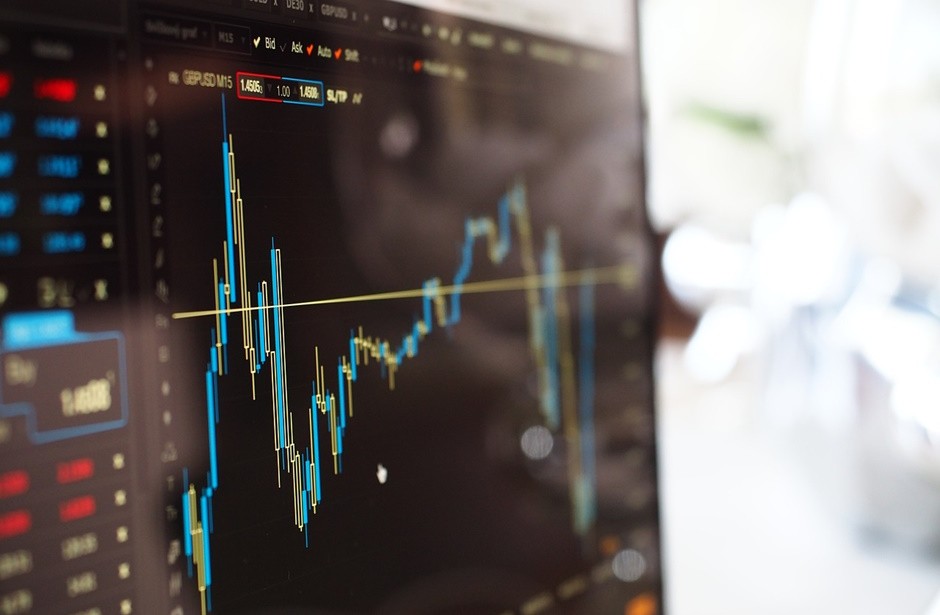The Evolution of Trading: From Traditional Markets to Crypto Exchanges and Beyond

Trading has been integral to human civilization for centuries, facilitating economic growth and wealth accumulation. Over time, the trading landscape has undergone a remarkable evolution, transitioning from traditional markets to the digital realm. In recent years, cryptocurrencies have disrupted the financial industry, opening up new possibilities and challenges. This article delves into the fascinating journey of trading, exploring its historical roots, the advent of crypto exchanges, and how the concept of risk parallels with the odds of winning the lottery.
Section 1: The Origins of Trading
Trading finds its origins deeply rooted in the fabric of ancient civilizations, where individuals engaged in the age-old practice of barter, facilitating the exchange of goods and services. Even before the conception of currency emerged, humans found a way to acquire what they needed by swapping their own resources for others. In these early societies, individuals would trade items such as food, clothing, tools, and livestock. This system allowed communities to fulfill their diverse needs while promoting social interaction and cooperation.
Section 2: The Emergence of Stock Exchanges
The 17th-century witnessed a groundbreaking development in the world of finance with the establishment of the first-ever stock exchange in Amsterdam. This marked a significant turning point, as it formalized and organized the trading of stocks and shares. Before this, trading occurred in various informal settings, such as coffeehouses or marketplaces. The creation of a dedicated space for stock trading brought about greater transparency and efficiency.
One key factor that led to the emergence of stock exchanges was the rise of joint-stock companies. These entities allowed individuals to collectively invest in businesses by purchasing shares, thereby sharing both profits and risks.
Section 3: The Evolution of Financial Instruments
As financial markets evolved, so did the variety of financial instruments available for trading. From bonds and derivatives to options and futures, each instrument brought its unique set of risks and rewards. Traders had to consider factors like market volatility, interest rates, and economic indicators, just as lottery players weighed their chances of winning based on numbers and probabilities.
Section 4: The Digital Revolution and Online Trading
The late 20th and early 21st centuries witnessed a revolutionary shift in trading with the advent of the internet. Online trading platforms empowered individuals to trade stocks, currencies, and commodities from the comfort of their homes.
Section 5: The Rise of Cryptocurrencies and Crypto Exchanges
In 2009, Bitcoin, the first decentralized cryptocurrency, was introduced, setting the stage for a paradigm shift in trading. Cryptocurrencies leveraged blockchain technology, offering transparency and security in transactions. Crypto exchanges emerged as platforms for buying and selling digital assets, expanding the financial landscape beyond traditional markets.
Section 6: Risk and Rewards in Crypto Trading
Trading cryptocurrencies carries a unique set of risks and rewards. The highly volatile nature of the crypto market can lead to significant price fluctuations, offering the potential for substantial profits. However, the same volatility can also result in substantial losses, underscoring the importance of risk management and informed decision-making. This volatility in crypto trading echoes the unpredictability of the odds of winning the lottery, where players have chances to seek a potentially life-changing outcome.
It is crucial to acknowledge that luck plays a significant role in both trading and the lottery. While expertise, strategy, and market analysis can certainly enhance the chances of success in trading, there are no guarantees of consistent profits. Similarly, despite carefully selecting numbers or playing strategies, winning a life-changing jackpot in the lottery isn’t always guaranteed.
Section 7: Regulation and Security Challenges
The rapid growth of crypto trading has brought forth regulatory and security challenges. Governments worldwide are grappling with the need to strike a balance between fostering innovation and protecting investors from fraud and scams. Ensuring the security of digital assets has become a paramount concern, as hackers attempt to exploit vulnerabilities in crypto exchanges, adding an additional layer of risk to traders’ portfolios.
Section 8: Beyond Crypto: The Future of Trading
The evolution of trading is an ongoing journey. With the advancement of technology, the financial industry continues to transform. Artificial intelligence, machine learning, and blockchain innovations are shaping the future of trading, offering new opportunities and challenges.
Conclusion
From its humble beginnings as barter to the dynamic digital markets of today, the evolution of trading has been a testament to human innovation and adaptability. As we navigate the ever-changing landscape of traditional markets and crypto exchanges, the concept of risk remains an inherent aspect of trading. It parallels with the odds of winning the lottery, where participants must weigh the potential rewards against the uncertainties involved. By understanding the historical journey of trading and embracing modern advancements, traders can make informed decisions to navigate the complexities of financial markets and strive for success amidst risks and rewards.
